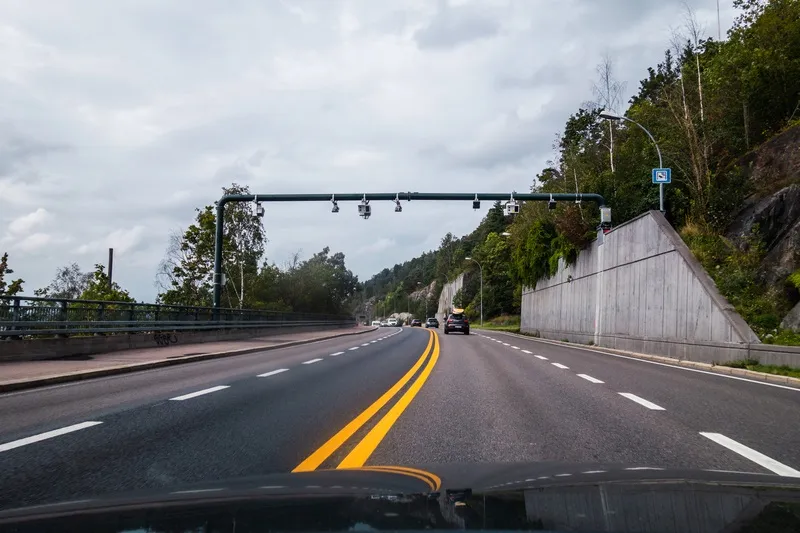Massachusetts Department of Transportation (MassDOT) has reported that, after six months of operation, its new cashless all-electronic tolling system along I-90 has seen transactions of almost a quarter of a billion, with an accuracy rate of greater than 99 per cent. The system requires drivers to use an E-ZPass transponder where the toll is paid electronically from a pre-paid account. Cameras on gantries capture the licence plates of all vehicles which are then matched with an address for the owner, enabli
May 12, 2017
Read time: 1 min
The system requires drivers to use an E-ZPass transponder where the toll is paid electronically from a pre-paid account. Cameras on gantries capture the licence plates of all vehicles which are then matched with an address for the owner, enabling drivers without an E-ZPass to be sent a pay by plate bill for the toll.
According to MassDOT there are 4.3 million accounts under the current AET program, including 1.9 million E-ZPassMA accounts and 2.4 million pay by plate accounts.










